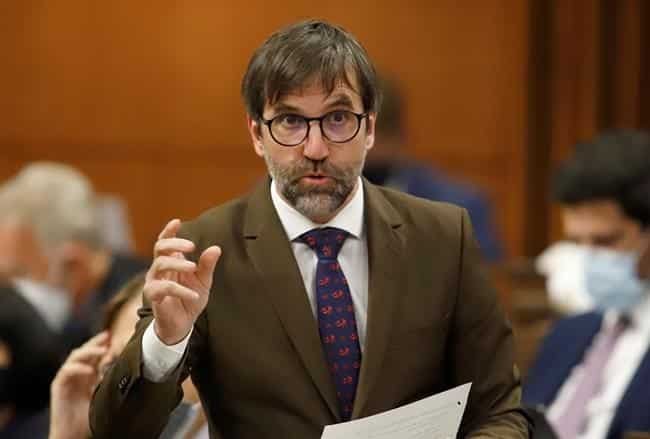Canadian Environment Minister Steven Guilbeault proposed regulations to create Canada’s first carbon offset market to help big industries cut their greenhouse gas emissions.
Same with the general standard, one credit is equal to each tonne of emissions reduced, according to the regulation.
Canada’s First Carbon Offset Credit Market
- Carbon offset credits will be created when an entity like a municipality, a company, or a farmer reduces its own emissions more than they have to.
But those credits need to be registered and independently verified first before an entity can sell them.
There are several standards that use different methods to measure and verify emission reduction. These standards provide a robust verification process to ensure the credibility of emission reduction projects. The most widely used ones are Verra, Gold Standard, and American Carbon Registry.
Businesses that pay the federal carbon price can buy carbon offset credits to lessen the cost they have to pay.
Right now, big industrial emitters can buy and sell carbon credits created by other companies under the federal carbon pricing system. But the carbon offset markets will expand this system beyond those firms covered by the regulated pricing mechanism.
Under the carbon offset market, prices tend to be cheaper as demand is created by various buyers and not by regulated mandates. Different factors also impact carbon prices like project type, size, location, and co-benefits.
Companies that are unable to achieve their emission targets can get carbon offset credits by investing in projects that cut carbon emissions. These projects vary from deforestation to industrial gas capture.
The first Canadian carbon offset market is for credits produced by municipalities that capture methane from their landfills.
While future markets will be up for cutting emissions from farmland and forests, as well as reducing or eliminating fluorinated refrigerants in advanced refrigeration systems.
Once this carbon offset market operates, Canada can expect to see more emissions reduction schemes to help entities offset their carbon footprint.

